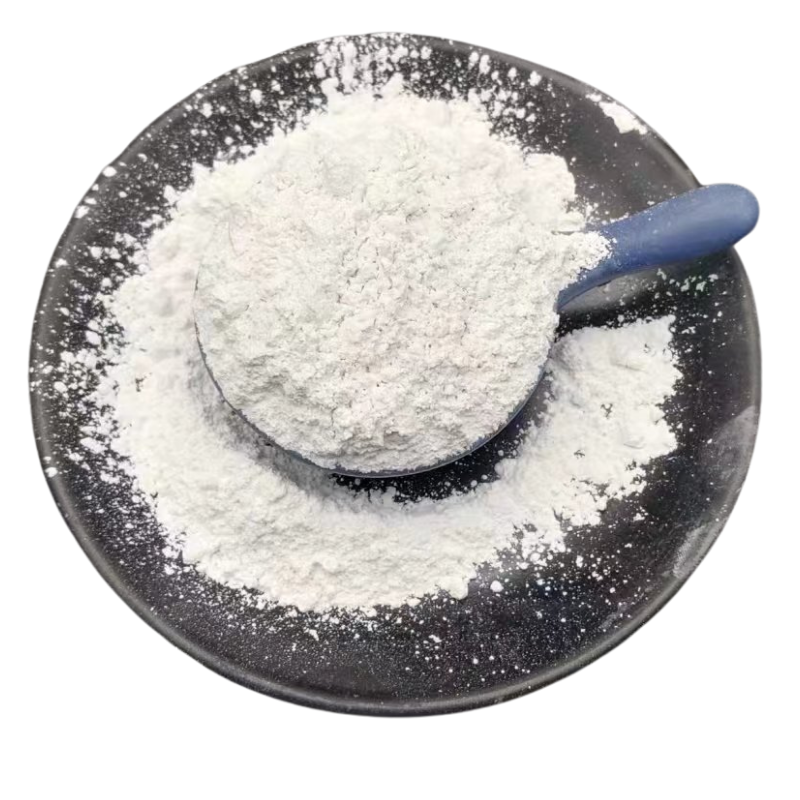
Benefits of Using Perlite for Healthy Plant Growth and Soil Aeration
The Benefits of Perlite for Plants A Comprehensive Guide
Perlite, a naturally occurring volcanic glass, has become an indispensable component in modern horticulture. Renowned for its unique properties, this lightweight white material is primarily used to improve soil aeration, drainage, and overall plant health. This article delves into the various benefits of perlite, its applications, and how it can enhance the growth of your beloved plants.
What is Perlite?
Perlite is formed when volcanic glass is rapidly cooled and then heated to high temperatures. This process causes the material to expand, resulting in small, lightweight, and porous granules. Due to its unique structure, perlite has excellent moisture retention capabilities while ensuring optimal drainage and airflow, making it an ideal medium for various horticultural applications.
Key Benefits of Using Perlite for Plants
1. Improved Aeration One of the primary benefits of perlite is its ability to enhance soil aeration. The coarse, granular texture of perlite allows air to circulate through the soil, which is crucial for maintaining healthy root systems. Plant roots require oxygen for respiration, and improved aeration encourages stronger growth and resilience.
2. Enhanced Drainage Perlite greatly improves drainage in potting mixes and garden soils. Its porous nature allows excess water to flow freely, preventing waterlogging and root rot—common problems for many plants. By incorporating perlite into your soil, you can ensure that your plants receive just the right amount of moisture without the risk of drowning.
3. Lightweight Structure Due to its low density, perlite reduces the overall weight of potting mixes. This characteristic makes it easier to handle and transport, especially for container gardening or indoor plants. Gardeners can enjoy the simple act of rearranging their plants without straining themselves.
perlite for plants

4. Moisture Retention While perlite enhances drainage, it also aids in moisture retention. The tiny pores in perlite granules can hold onto moisture, providing a reservoir for plants to tap into during drier periods. This balance of retention and drainage is crucial for the health of many plant species, particularly in potting soils.
5. Neutral pH Perlite is chemically inert, which means it does not alter the pH of the growing medium. This neutrality ensures that the nutrients in the soil remain accessible to plants, making it a versatile addition to any gardening mix.
Applications of Perlite
Perlite is used in various ways within horticulture. It can be mixed with soil for potting plants, added to seed-starting mixes, or even used in hydroponic systems. The versatility of perlite makes it suitable for a wide range of plants, from houseplants and flowers to vegetables and herbs.
In seed starting, perlite provides an ideal medium, allowing young roots to establish without the risks of compaction or excess moisture. For outdoor gardening, it can be mixed into garden beds to enhance soil structure and drainage.
Conclusion
Incorporating perlite into your gardening practices can yield numerous benefits for plant health and growth. Its ability to improve aeration, enhance drainage, retain moisture, and maintain a neutral pH makes it a valuable resource for both novice and experienced gardeners alike. Whether you're starting seeds, repotting houseplants, or tending to an outdoor garden, perlite is an excellent addition that can lead to healthier, happier plants. Embrace the benefits of perlite, and watch as your plants thrive in the optimal growing environment you create!
Share
-
Premium Pigment Supplier Custom Solutions & Bulk OrdersNewsMay.30,2025
-
Top China Slag Fly Ash Manufacturer OEM Factory SolutionsNewsMay.30,2025
-
Natural Lava Rock & Pumice for Landscaping Durable Volcanic SolutionsNewsMay.30,2025
-
Custom Micro Silica Fume Powder Manufacturers High-Purity SolutionsNewsMay.29,2025
-
Custom Mica Powder Pigment Manufacturers Vibrant Colors & Bulk OrdersNewsMay.29,2025
-
Custom Micro Silica Fume Powder Manufacturers Premium QualityNewsMay.29,2025






